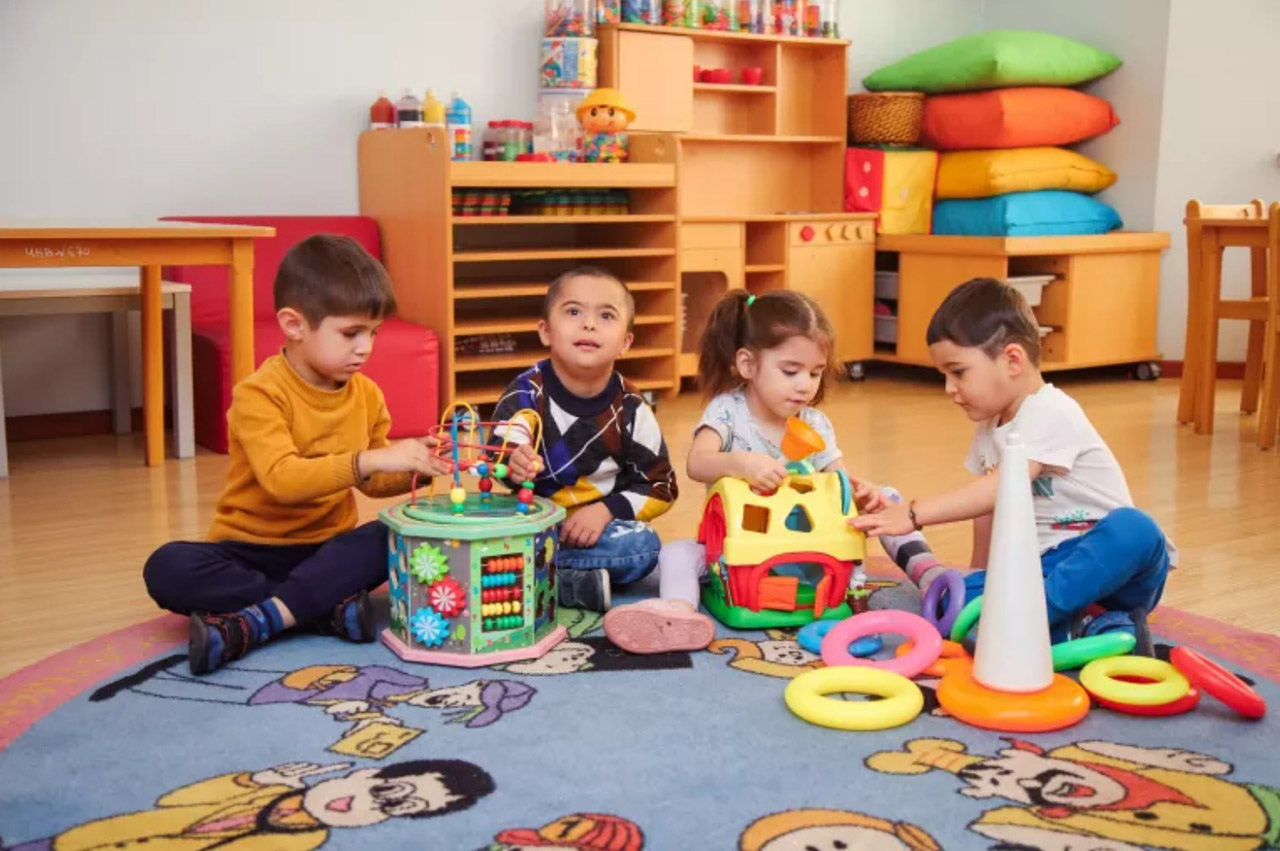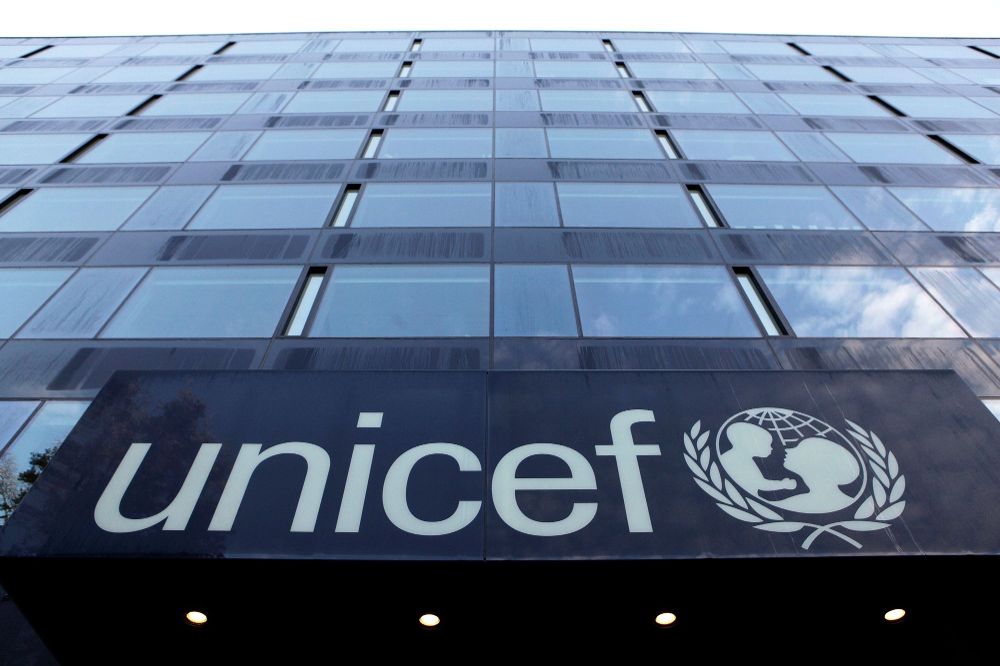Nearly 60,000 children aged 0-17 years across five Central Asian countries are growing up in residential care facilities, away from their families, according to a new policy brief released by UNICEF. The brief highlights the severe and enduring impacts of institutionalization on children, stressing the urgent need for greater investment in family support services.

Regina De Dominicis, UNICEF Regional Director for Europe and Central Asia, emphasized the critical need for reform.
“The impact of institutionalization on children is severe and can last a lifetime, making greater investments in family support services essential,” she stated.
Despite recent progress, including the closure of several facilities, the situation remains dire. The report finds that approximately 203 children per 100,000 live in residential care across Central Asia, nearly double the global average of 105 per 100,000.
Children with disabilities are particularly over-represented in these institutions. In all Central Asian countries except Kazakhstan, the proportion of children with disabilities in residential care increased between 2015 and 2021. This trend highlights persistent social norms and a lack of community-based services for these children.
The rate of institutionalized children often reflects the effectiveness of a country's child protection system. Higher rates indicate a system struggling to keep families together. Children in institutions face severe risks, including violence, neglect, and a lack of essential social and emotional development.

UNICEF’s policy brief outlines seven key recommendations to address these issues. First, it calls for effective childcare reforms, including planning for the closure of large-scale institutions and developing a comprehensive range of child and family support services. Second, it emphasizes the need for investment in family support services and strengthening the social service workforce to identify and address risks of family separation early.
Third, the brief recommends securing alternative care that is family-based, including stronger support for extended family members and strategies to keep siblings together. Fourth, it highlights the importance of protecting children already in alternative care through robust safeguarding policies and practices. Fifth, it calls for better data collection on children at risk of separation or in alternative care.
Sixth, the brief advocates for raising public awareness about the benefits of family-based care and the urgent need for reform. Seventh, it stresses the importance of ensuring that children have a voice in decisions that affect them and are consulted in the development of new policies and practices.
UNICEF continues to collaborate with governments and partners across Central Asia to support family-based care and deinstitutionalization efforts. This includes scaling up protection services, promoting family reunification, and facilitating safe transitions to independent living for children.
Follow Daryo's official Instagram and Twitter pages to keep current on world news.

Comments (0)